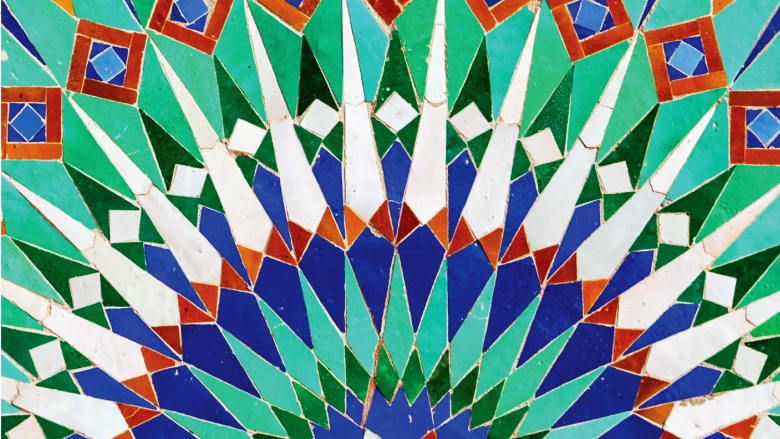Morocco has made undeniable economic progress over the past fifteen years reflected in the country’s growth performance, improvements in the population’s average standard of living, more universal access to basic public services, and significant public infrastructure development. While many economic indicators are on the right track, one continues to lag: the integration of young people into the economic and social mainstream. With roughly only one in two young people between the ages of 25 and 35 years employed, in a job that is often informal and insecure, youth employment poses a daunting challenge.
To offer more quality jobs to its youth, Morocco will need to take the pathways available to emerging economies to catch up even faster with developed economies. These include:
- Advancing a social contract aimed at promoting an open society;
- Strengthening inclusive institutions; refocusing government action on its core functions
- Developing the human and social capital needed to flourish in the XXI century.
Pathways to inclusive growth by 2040
Modernizing the productivity model
- By implementing a level playing field for all economic actors through enhanced fair competition and the development of a cultural shift in doing business and innovation.
- By reforming the labor framework to relax labor regulations and strengthen the effectiveness of active labor market policies. Estimates suggest that overhauling the labor code would significantly raise formal employment, especially among young people and women.
- Morocco’s greater integration into the global economy would improve the country’s investment attractiveness and boost exports. The prospect of an advanced Free Trade Agreement with the European Union will give the country’s economy greater transformational potential.
Improving public institutions and services
- Improving public service governance is the keystone to enhanced public service efficiency. Such reform should aim to put the user at the center of the system as a beneficiary and regulator and to ensure more efficient administrative services, simplified procedures and greater accountability.
- Modernizing the civil service by pursuing the decentralization effort in a meaningful way, improving staff and administrations’ performance, controlling superfluous staffing and streamlining the administration.
- Strengthening the rule of law and justice by sending a strong signal of a paradigm shift to achieving improved security of persons, property and contracts.
Investing in human capital
- Placing education at the heart of the Kingdom’s development is a necessary pathway to achieve greater human development. Such reform should tackle major constraints in a “shock therapy” approach designed to trigger an “educational miracle,” that is, a substantial improvement in the Moroccan students’ level of education.
- Investing in health with a view to strengthening the human capital, by extending medical coverage, enhancing the efficiency of public health care and improving health system’s overall governance.
- Developing early childhood care and education to ensure equal opportunities for all children and greater economic outcomes. An effort must be made to ensure that all children have access to early childhood education and are properly nurtured and cared for.
Investing in social capital
- Achieving gender equality by improving access to economic opportunities and empowerment for women. Public policies can be designed to both combat gender inequalities and discriminations and to promote their economic inclusion.
- Encouraging greater interpersonal trust. Studies show that to achieve greater social capital, countries need to improve the application of the rule of law, promote a sense of civic duty, encourage the development of a strong civil society and support a positive change in sociocultural norms.
